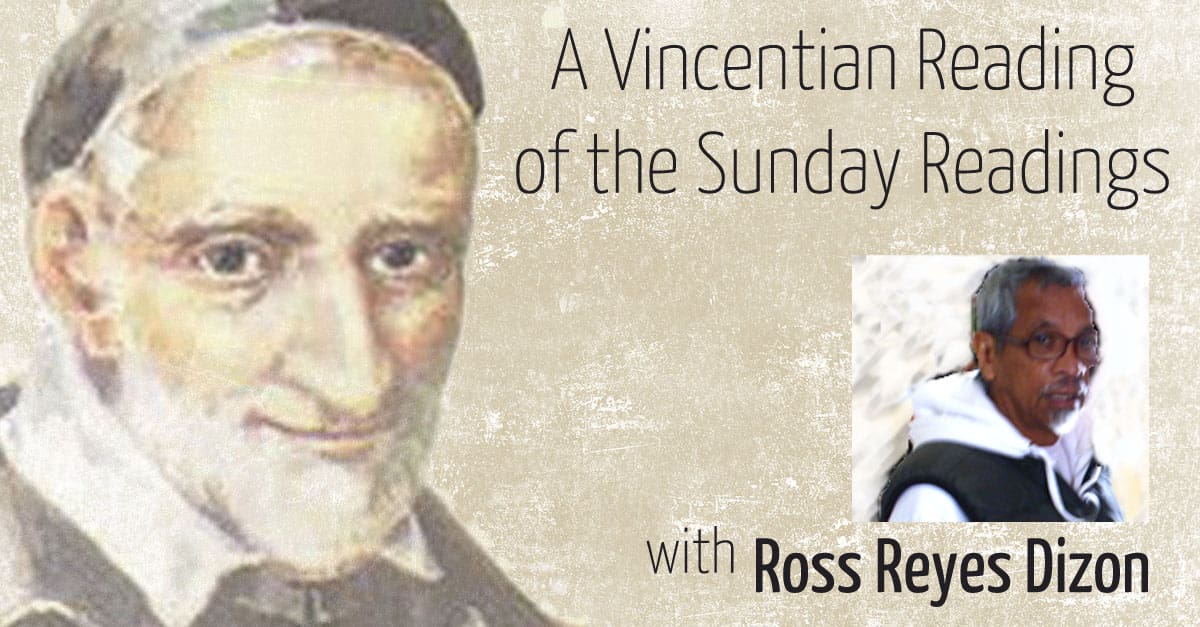Jesus obeys to the point of death on a cross. He does so to lead us to God and to the beginnings in Eden and in the desert, and to make us all just, washed in the waters of new birth.
Jesus stays in the desert for forty days, which sends us back, in the first place, to the beginnings in Eden. These beginnings show the good life Adam and Eve lead. There is no doubt that it is a life of union, goodness, truth, beauty and understanding in a place of ease and delight. There is no lack of food there. And we can safely say that wild beasts do no harm. For Adam is not only in charge of tilling and keeping the garden. He also gives names to animals, tame and wild.
But the beginnings in Eden are not at all free of trial and temptation. And as our first parents fall, the good life turns tough. Division takes the place of union. Also, since Adam fails to do what God wants, food and the other good things are plentiful no more. In toil does he now eat of the soil and eat bread by the sweat of his brow. Besides, since he does not obey, we are all sinners.
Jesus’ stay in the desert sends us back, in the second place, to the beginnings of the people of God. They wander through the desert for forty years. Their experiences show that God is close to them and sees to their needs. Yet such experiences are coupled with trials that make clear that they are not wholly true to him.
Jesus calls us to the new beginnings.
He who stays in the desert for forty days wants us to be true to God and to heed his words. He is stronger than Satan and lives in peace with wild beasts. The angels also serve him. And all this lets us know that Jesus, yes, brings in the new creation and brings about the new people of God. In him, the kingdom of God is close, is at hand. No doubt, Is 11, 1-9 refers to him.
But to have part with him, in the new beginnings, in the kingdom of God, means to repent. And to believe, too, in the Good News. That is to say, we have to trade our selfish way of thinking and doing for Jesus’ self-emptying way of thinking and doing. In other words, we are to live and die in the service of those who are poor (SV.EN III:384). This means, of course, we have to rely on Providence and deny ourselves and follow him. To the point of giving up our bodies and shedding our blood. And to live and die so, with his mercy in our hearts, makes us human to the full (SV.EN XII:222).
Lord Jesus, let your Spirit drive us out into the desert. Speak tenderly to us there, so that we may have part in the new beginnings.
18 February 2024
First Sunday of Lent (B)
Gen 9, 8-15; 1 Pt 3, 18-22; Mk 1, 12-15






0 Comments